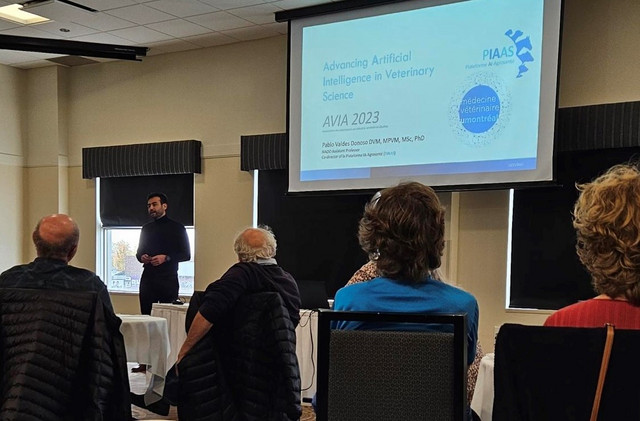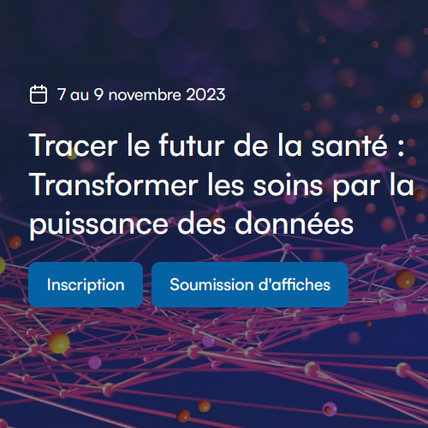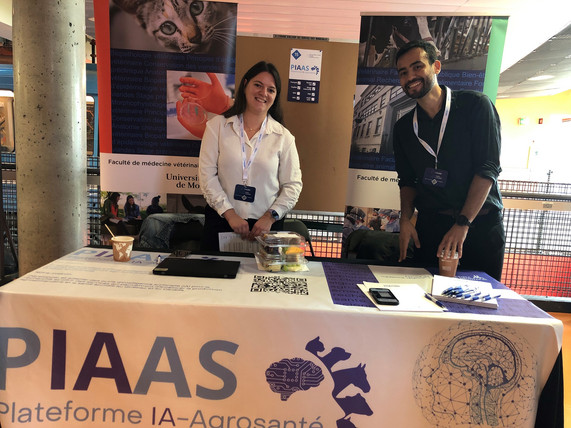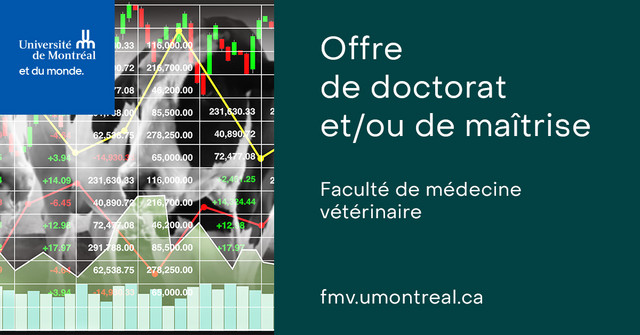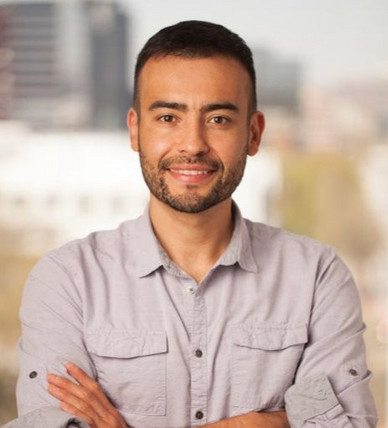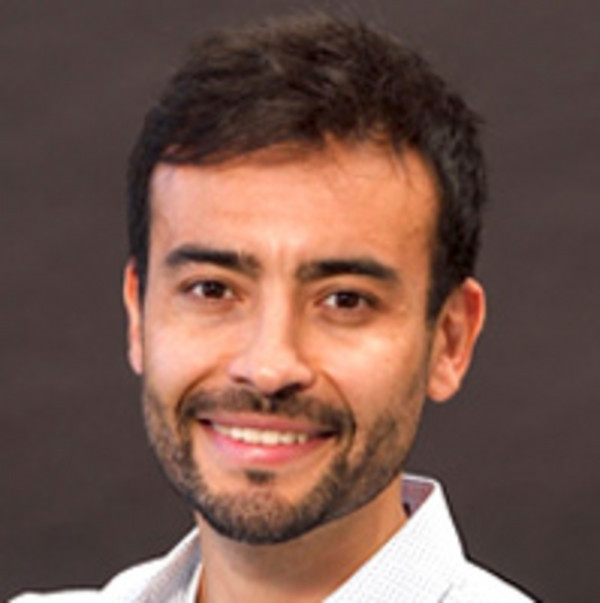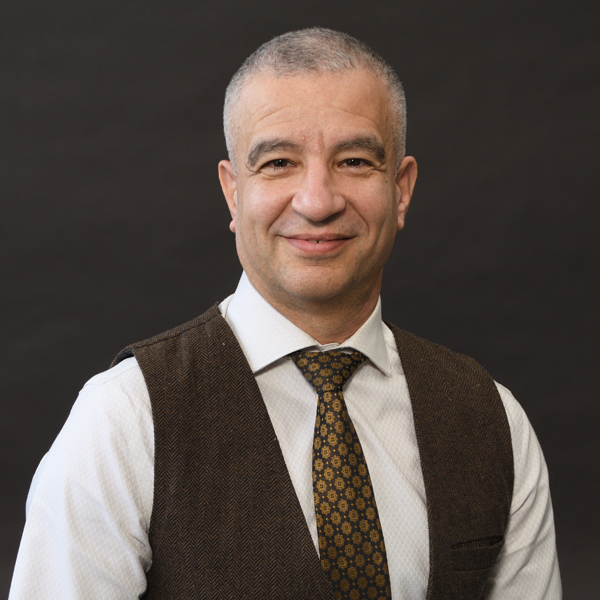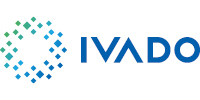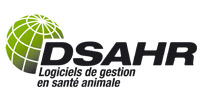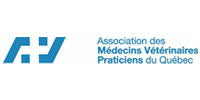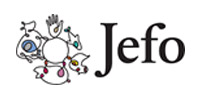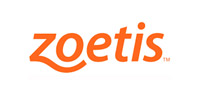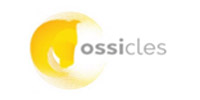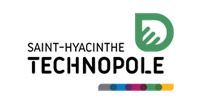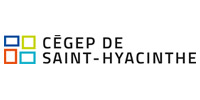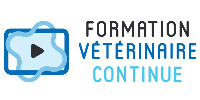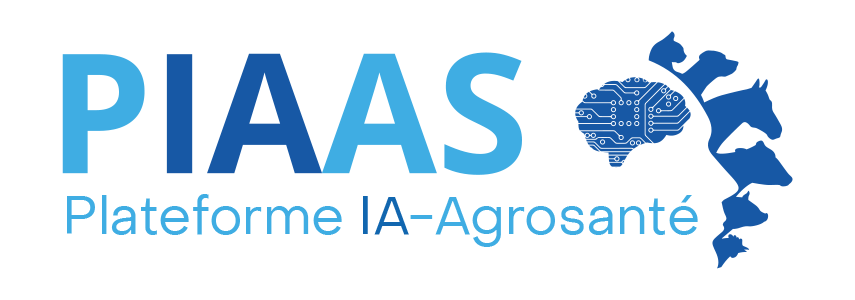
Home
Mission statement :
DATA AT THE SERVICE OF AGRI-FOOD AND ANIMAL HEALTH
PIAAS' Mission:
Develop and adapt artificial intelligence (AI) tools for research and offer services that will improve agri-food production and animal health in Quebec and Canada.
Its strategy :
- Rapidly promote the insertion of AI in the agri-food and animal health industry.
- Provide support in the development of data science and artificial intelligence projects.
- Contribute to the training of the next generation of highly qualified personnel in animal health and data sciences

Its philosophy |
| |
| |
|
Projects |
Do you have a project to submit to the IA-Agrosanté platform?
Send a brief description of the project or the problem you are encountering to our coordinator Julie Blouin (j.blouin@umontreal.ca) and we will contact you as soon as possible.
About us
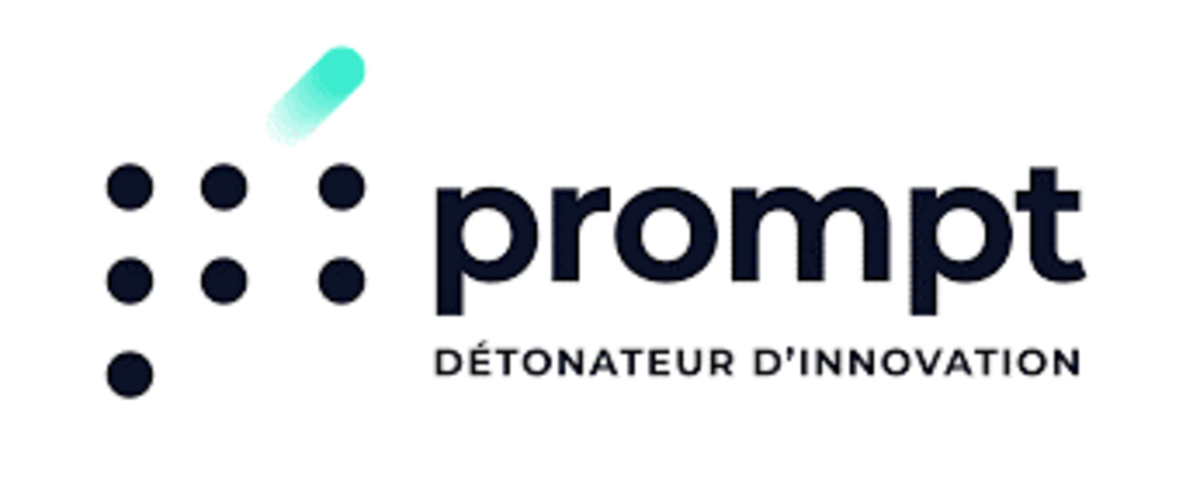


History |
Thanks to funding from the Prompt-IA program - University Propulsion Component, the Faculty of Veterinary Medicine (FMV) of the Université de Montréal (UdeM) has developed an innovative platform of artificial intelligence (AI) services in the field of agri-food and animal health: the Plateforme IA-Agrosanté (PIAAS). This platform was set up in August 2020 and is located at the FMV of the UdeM, in Saint-Hyacinthe, in the heart of the largest agri-food zone in Quebec. PIAAS is built on a unique network of experts in animal health and data science working to serve industry in these fields.
In return for the Prompt-IA funding, the Vice-Rector for Research, Discovery, Creation and Innovation (VRRDCI) of the Université de Montréal has agreed to contribute additional funding to the project. This VRRDCI funding is matched by a contribution from the Institut de valorisation des données (IVADO).
The emergence of new technologies that allow for the collection of comprehensive large data sets has created a growing need for AI research that provide tools to improve animal health and production.
Furthermore, existing research databases are often underutilized due to the inability to manage these data, either because they are too large, not standardized, or require novel analytic tools.
PIAAS aims to bring together the expertise of animal health and data science professionals to adapt and use AI tools to improve data management and analysis. Today, PIAAS is composed of a unique network of animal health and data science experts at the service of agri-food and animal health stakeholders on the development of data science and AI projects.
Objectives |
- To become a leader in the development of AI for animal health in Quebec and Canada.
- To increase the efficiency and competitiveness of the Quebec and Canadian agri-food industries by improving animal health and production sustainability.
- To support researchers, students, and other highly qualified personnel in developping robust databases and data analysis to contribute to emerging AI knowledge on animal health and production.
- To Educate animal health stakeholders on the collection of relevant data to advance innovative AI research on animal health and production
Notre équipe |
Pablo Valdés Donoso
Dr. Pablo Valdes Donoso has over a decade of experience in using data analytics to drive solutions to animal health and production issues. He is an IVADO assistant professor at the FVM and focuses on accelerating AI research in Veterinary Medicine. He leads the Platform AI-Agrosanté (PIAAS), co-leads the AI axis of the Center for Expertise and Clinical Research in Animal Health and Welfare (CERCL), and collaborates with the UdeM AI network, including the Consortium en Santé Numérique and the Institute for Data Valorization (IVADO). Pablo holds a DVM from the Universidad de Chile, an MPVM, an MSc in Applied Economics, and a PhD in Epidemiology from the University of California, Davis.
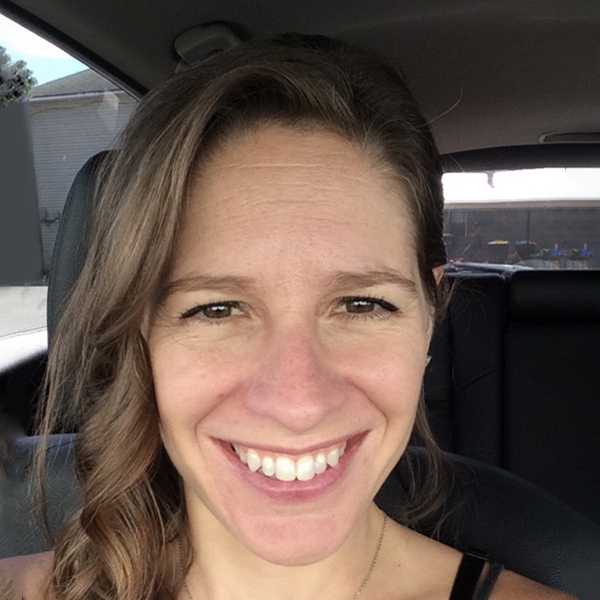
Julie Blouin
Julie holds a Bachelor's degree in microbiology from Laval University and a Master's degree in Veterinary Sciences, Microbiology option, from the University of Montreal. Since 2010, Julie works within the Faculty of Veterinary Medicine (FMV) of the University of Montreal. She has held various positions in two of the FMV's Research Centers, namely the Research Group on Infectious Diseases in Animal Production (GREMIP) and the Reproduction and Fertility Research Center (CRRF), but also in the of Clinical Sciences of FMV as a manager.
Since 2021, she has been the assistant to the Vice-Dean for research. In parallel with her duties at the vice-deanship, she coordinates the administrative aspects of the activities of PIAAS.

Miguel Sautié Castellanos
Miguel Sautié Castellanos has more than 15 years of experience in the development of tools for the management and analysis of biological data. He works within PIAAS as a data specialist. He holds a bachelor's degree in biochemistry and two master's degrees, one in Medical Informatics and the other in Computer Science.
Expertise: Machine Learning, Spatial and Temporal Statistics, Bayesian Statistics, Computational Biology, Genetics, Software and Database Development, Optimization Algorithms.
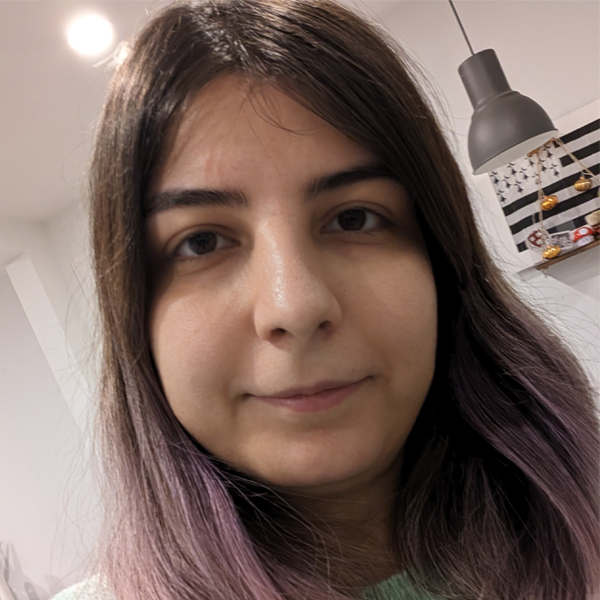
Rezwan Ghaffarzadeh Derakhshan
Rezwan is a graduated Computer Engineer with several years of experience using Machine Learning techniques to solve problems with different data types in academia and industry. Since winter 2024, she has embarked on a journey as an M.Sc. student in Veterinary Science, focusing on an emerging field that utilizes Artificial Intelligence for animal health and welfare. At PIAAS, her research primarily focuses on using sensor data and machine learning to evaluate early disease detection to optimize broiler production and minimize antimicrobial consumption.
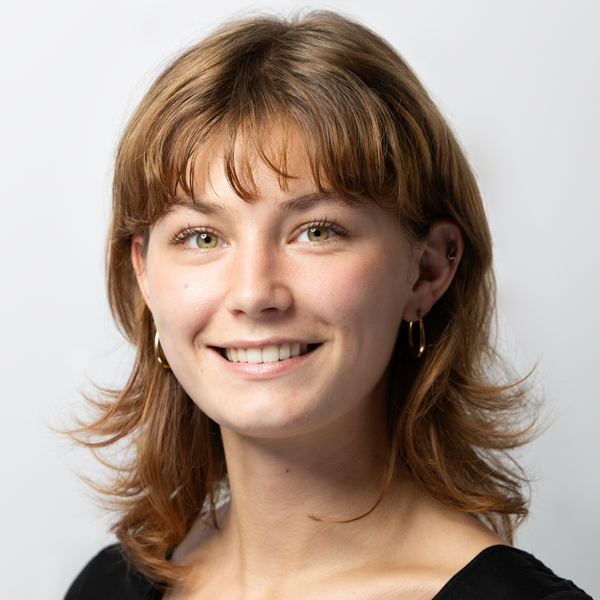
Kiara Wimbush
Kiara recently graduated from McGill University with a Bachelor’s degree in Cognitive Science. Throughout her academic journey, she progressively specialized in artificial intelligence and machine learning, focusing on their application to social good. Alongside her position as a research technician at PIAAS, she is a research assistant at the RAISE lab, where she studies the risks of human-AI and human-robot interactions. She is interested in the ethical aspects of AI systems as well as their potential impact on social causes, and is enthusiastic about exploring how they can contribute to improving animal health.
Younès Chorfi
Dr. Younès Chorfi is a full professor at the Faculté de médecine vétérinaire (FMV) of the Université de Montréal (UdeM) and since 2023, he serves as Associate Dean of Research and Graduate Studies at the FMV. He is a member of several research units, and was previously Director of the Department of Veterinary Biomedicine.
Dr. Chorfi completed his DMV at the Institut Agronomique et Vétérinaire Hassan II, in Morocco, before completing a master's degree in microbiology and a PhD in veterinary biomedicine at UdeM.
Jean-Pierre Lavoie
Dr. Jean-Pierre Lavoie is a full professor at the Faculté de médecine vétérinaire (FMV) of the Université de Montréal (UdeM) and he served, from 2018 to 2023, as Associate Dean of Research at the FMV. It is in this context that he undertook to set up PIAAS to promote the insertion of artificial intelligence in the agri-food and animal health industry and thus, contribute to improving the efficiency and competitiveness of Quebec and Canada in these fields.
After completing his doctorate in veterinary medicine and his internship at UdeM, Dr. Lavoie completed a residency and a postdoctoral fellowship at the University of California, Davis.
Expertise: equine internal medicine, asthma, equine respiratory diseases, equine model of bronchial asthma, respiratory physiology.

Majda Moussa
Dr. Majda Moussa is a professional in data science and artificial intelligence. She is a Computer Engineer and holds a Master's and a Doctorate in Software Engineering from École Polytechnique de Montréal. She has worked in various practice settings in statistics and machine learning for the past few years. She specializes in the development and industrialization of learning models and/or data pipelines in various platforms (on site or in the cloud). She has a versatile background in information technology and is in the process of consolidating a unique experience to transpose AI technologies into practical applications in the fields of agriculture, biofood and animal health.
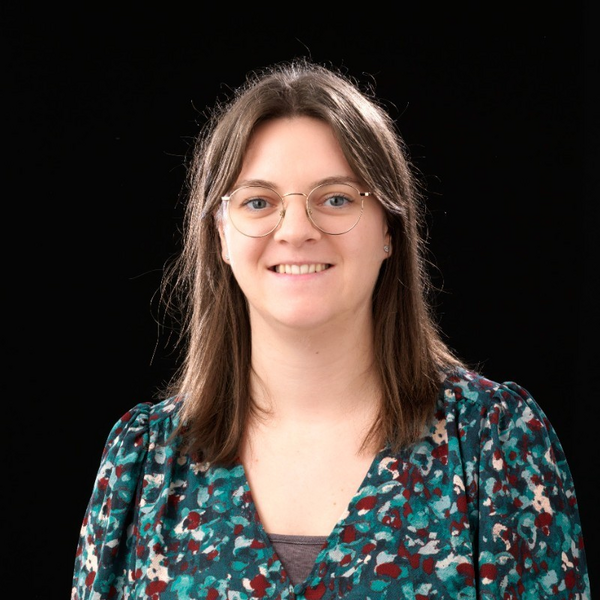
Solène Le Manac'h
With a master's degree in data science for biology from the Institut Agro de Rennes, Solène joined the PIAAS team in July 2023 as a data scientist. She has 2 years' experience in data analysis applied to the agri-food sector, mainly in sensory analysis and exploratory statistics on sales data or problems linked to research and development such as experimental designs. She appreciates the 360° vision of data projects, from the gathering of requirements to the development of decision-making tools and user support. Solène also has a particular attachment to issues linked to agriculture and animal health.

Dalia Belaid
Dalia, a recently graduated computer science specialist in artificial intelligence, is passionate about exploring the boundaries between technology and animal and human health. She undertakes a master's degree in bioinformatics, wishing to deepen her understanding of biological systems and their relationship with technologies. It intends to apply its AI skills to help improve the efficiency and sustainability of the agricultural industry. She is currently working on a research project that focuses on the development of a decision support system for the selection of heifers in dairy farms.
Past members |
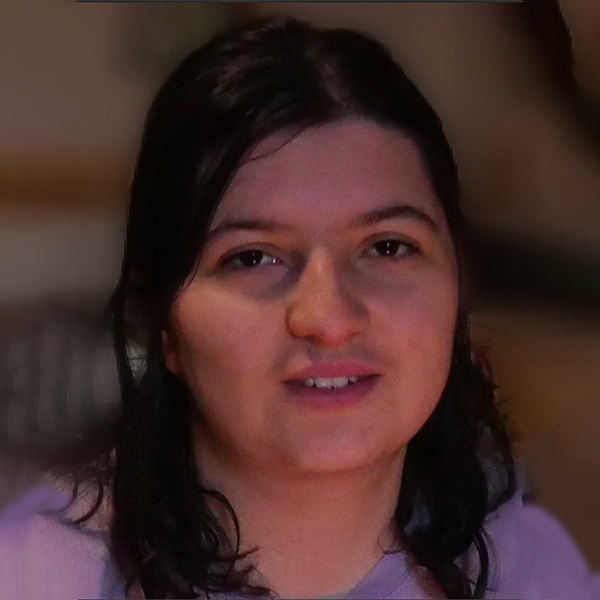
Pauline Gauthier
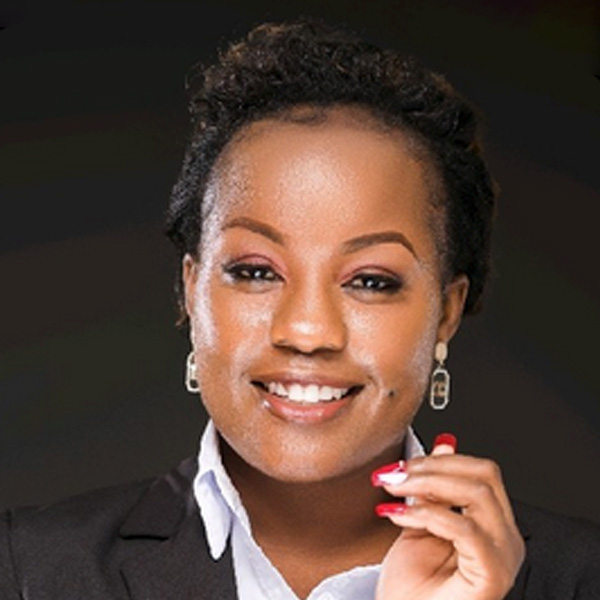
Esther Wanangachi Lwazi
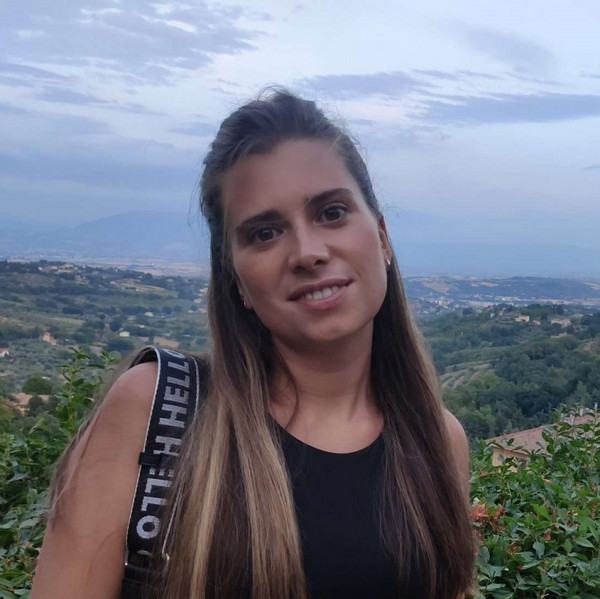
Clara Samper-Cativiela

Lucas Bernnard
Lucas is a health sciences graduate at Collégial international Sainte-Anne. His academic and professional interests focus on the application of artificial intelligence and data analysis to improve health, particularly in the areas of veterinary medicine and human medicine. During his internship at PIAAS, he would analyze the clinical data of CHUV patients with difficult-to-diagnose diseases.
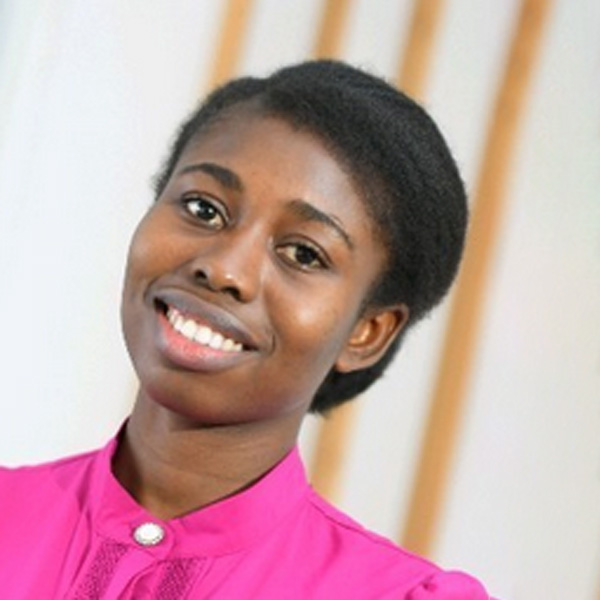
Ifeoluwa Ruth Olonijolu
We are hiring! |
We are always looking for students with an interest in animal health data science and AI, so do not hesitate to contact us if you wish to join our team: j.blouin@umontreal.ca
Making a project a reality
How to realize an AI project in agri-food and/or animal health? : |
- Planning a first meeting to present the idea to be developed.
- Assess project feasibility.
- Estimating the cost and the number of hours required to develop the project, therefore, its cost.
- Development of the project according to a Gantt chart.
- Project deployment.
- Project follow up.
For each project, our experts use the CRISP-DM (Cross-Industry Standard Process for Data Mining) methodology, which consists of 6 interdependent steps:
- Understanding the problem - What is the nature of the problem and how could it be solved using data? During this step, we define the main sources of the problem.
- Understanding the data - We inspect data sources and quality and assess whether other data types will be required.
- Preparation of the data - We organize and correct data for analysis.
- Modeling - We evaluate the modeling techniques that we can apply depending on the sources of the data and the problem needing to be solved.
- Evaluation - We evaluate using the best model that meets the project objectives.
- Delivery and deployment of results - We present the results according to the needs of the project (report, dashboard, software, etc.).
Declaration of confidentiality |
We are very concerned about sensitivity and data protection. In order to assure our partners that their data will never be shared with third parties (unless authorized in writing by our partners), we provide a legal data confidentiality agreement.
At the end of the project, we ensure that all data is returned to the client and that no copies are preserved.
The PIAAS follows the protocol put in place by UdeM (https://secretariatgeneral.umontreal.ca/public/secretariatgeneral/documents/doc_officiels/reglements/recherche/rech60_13-politique-universite-de-montreal-propriete-intellectuelle.pdf)
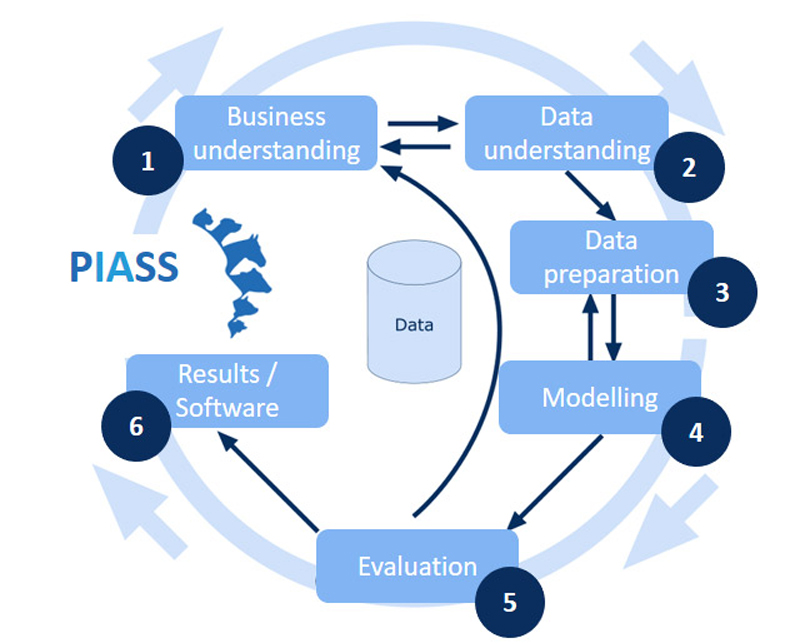
Services
1. Database design and development
![]()
- Data Modernization: Implement modern data architectures that will monetize your data, accelerate decision making, and deliver better customer experiences.
- Data Qualification: Evaluate, qualify, and restructure your datasets to fully leverage the business benefits of AI.
- Cloud Adoption: Use the synergy of AI and the cloud as a lever for transformation and innovation.
- Database design and development: MySQL, MariaDB and Microsoft Access. Frequentist and Bayesian statistics. Generalized linear mixed effects models. Generalized additive models. ...R and IBM SPSS
2. Exploratory statistical analysis
![]()
- Analysis of time series and spatial distributions. R, Python, Matlab and IBM SPSS
- Development of scripts and pipelines for the processing and analysis of biological sequences. R (Bioconductor, ...), Python (Biopython, ...), Java, C#, C++ and Matlab.
- Processing and statistical analysis of MALDI-TOF mass spectra
- Risk assessment analysis
- Network analysis
- Statistical genetics
- Development of scripts and pipelines for the processing and analysis of biological sequences. R (Bioconductor, ...), Python (Biopython, ...), Java, C#, C++ and Matlab.
- Search in biological databases,
- Structural and functional annotation of DNA and protein sequences, Gene set enrichment analysis,
- Prediction of the phenotypic effect of SNPs,
- Multiple alignment,
- Phylogenetic analysis,
- Metagenomic data analysis,
- Cost-benefit analysis
- Cost-effectiveness analysis
3. Machine learning models
![]()
- Customized AI solutions from ideation to production: Choose the right AI solution with our experts in computer vision, NLP, and data analysis.
- Predictive model generation :
- Training
- Testing
- Implementation
- Use the synergy of cloud and AI algorithms as a lever for transformation and innovation.
- Digitizing handwritten data from a predefined printout.
4. Deep learning models
![]()
- Development of deep learning models: Python (Tensorflow/Keras, Scikit-learn,...), R, Java and Matlab.
- Use of convolutional neural networks (CNN), artificial neural networks (ANN), etc. for :
- image recognition
- audio recognition
- Disease prediction
5. Software development
![]()
- Development of software applications for digital image processing and analysis. Python, C++ and C#
- Desktop application development: C++/C/C#, Java and Python
- Web application development: PHP, Python, HTML, CSS and JavaScript
- VBA macro programming (Microsoft Access and Microsoft Excel)
- Development of web/mobile applications whose backend is based on artificial intelligence
6. Cloud-based solutions/services
 Cloud-based AI cognitive solutions to accelerate advanced decision-making.
Cloud-based AI cognitive solutions to accelerate advanced decision-making.- Online data storage
- Custom big data pipelines to efficiently consolidate and transform data.
- Deploy and manage applications with cloud services to guarantee high availability and efficient monitoring.
- Cloud-connected solutions to collect data at the edge using IOT technology.
7. Training
![]() Continuing Education:
Continuing Education:
- AI Strategy Workshops,
- data science, and
- machine learning and deep learning.
- Educational capsules:
- Introduction to artificial intelligence: basic concepts, applications and issues.
Plateform
Scientific publications
- Steagall, P.V., Monteiro, B.P., Marangoni, S., Moussa M., Sautié Castellanos, M. Fully automated deep learning models with smartphone applicability for prediction of pain using the Feline Grimace Scale. Sci Rep 13, 21584 (2023). https://doi.org/10.1038/s41598-023-49031-2
- Bowser, N., Bouchard, C., Sautié Castellanos, M., Baron, G., Carabin, H., Chuard, P., Leighton, P., Milord, F., Richard, L., Savage, J., Tardy, O., Aenishaenslin, C., 2024. Self-reported tick exposure as an indicator of Lyme disease risk in an endemic region of Quebec, Canada. Ticks and Tick-borne Diseases 15, 102271. https://doi.org/10.1016/j.ttbdis.2023.102271
- Ben-Miled H, Semmar N, Castellanos M, Ben-Mahrez K, Benoit-Biancamano M, Réjiba S. 2023. Effect of honey bee forage plants in Tunisia on diversity and antibacterial potential of lactic acid bacteria and bifidobacteria from Apis mellifera intermissa and its products https://doi.org/10.1007/S00203-023-03630-9/FIGURES/8
- Valdes-Donoso, P., Jarvis, Lovell (Tu). 2022. Combining epidemiology and economics to assess control of a viral endemic animal disease: Porcine Reproductive and Respiratory Syndrome (PRRS). Plos One, doi:10.1371/journal.pone.0274382
Publications for end users
à venir
Massive animal data
à venir
User interface
à venir
Dataverse
à venir
References
à venir
Completed projects
à venir
Contact Us

Projects |
Do you have a project to submit to the IA-Agrosanté platform?
Send a brief description of the project or the problem you are encountering to our coordinator Julie Blouin (j.blouin@umontreal.ca) and we will contact you as soon as possible.
Contact us |
Plateforme IA-Agrosanté
Faculté de médecine vétérinaire
Université de Montréal
(450) 773-8521, poste 8437
(514) 343-6111, poste 8437
Julie Blouin
j.blouin@umontreal.ca
3200, rue Sicotte
Bureau 1106-1
Saint-Hyacinthe (Qc)
J2S 2M2
